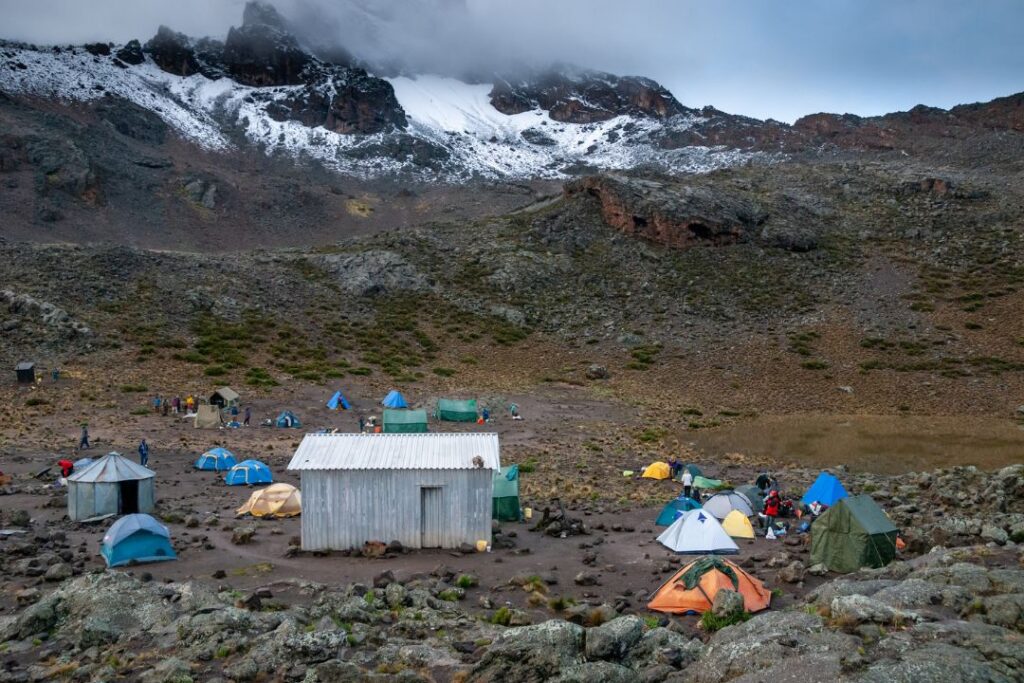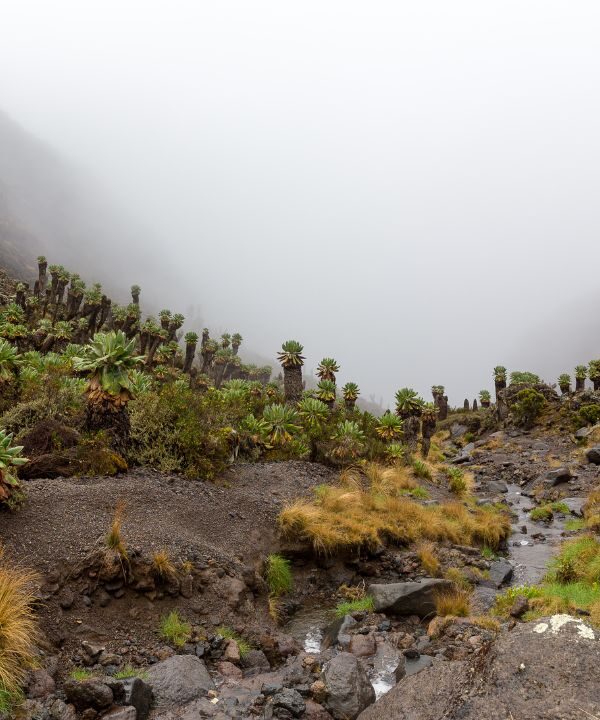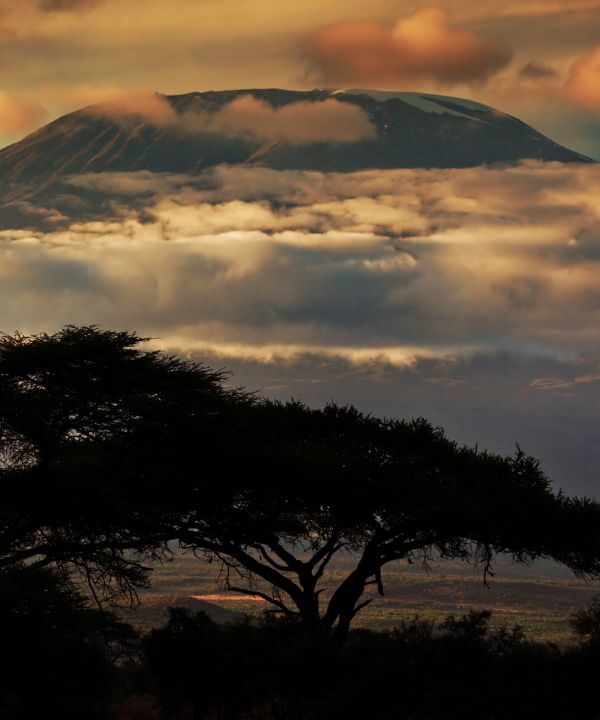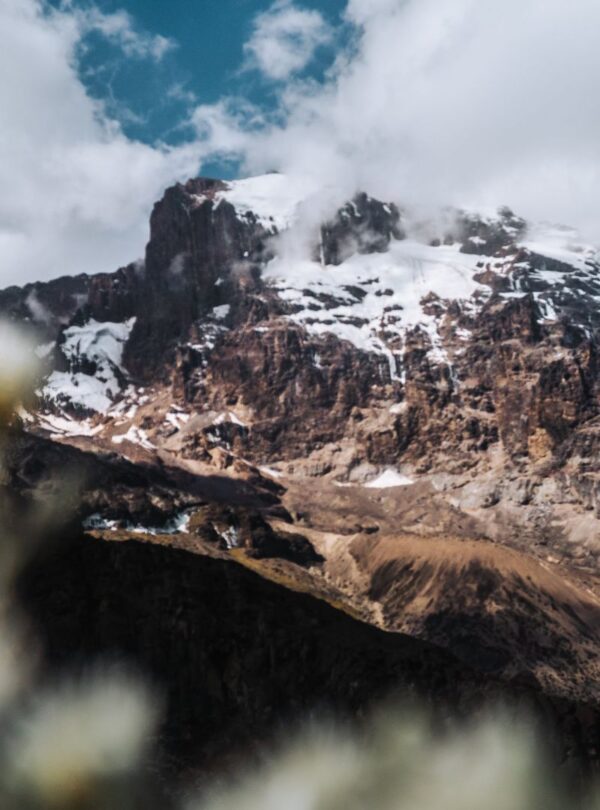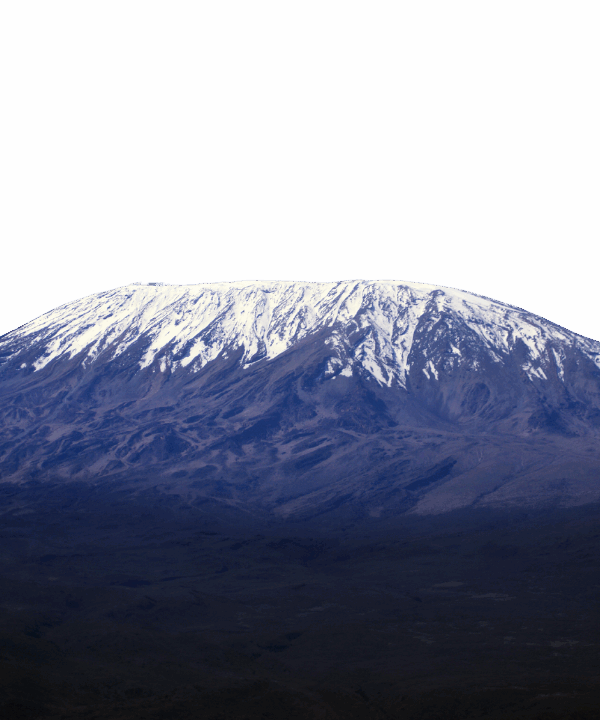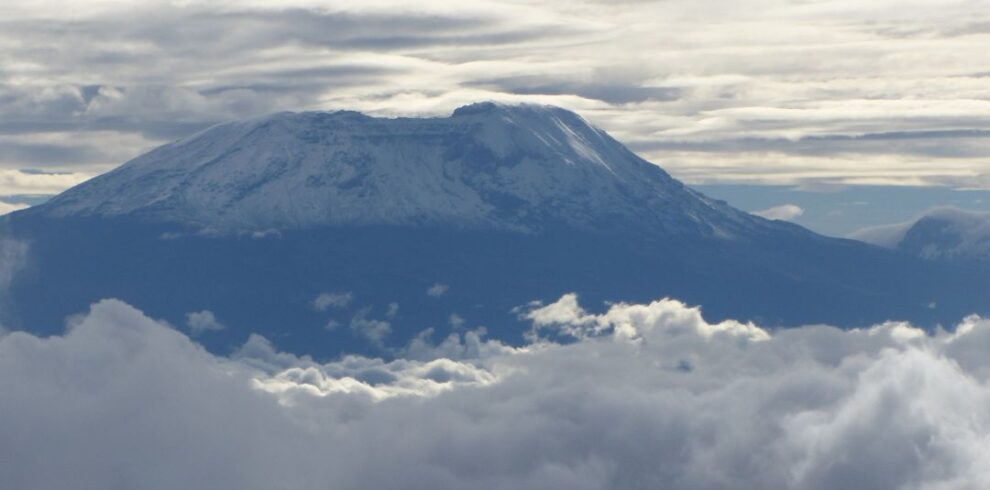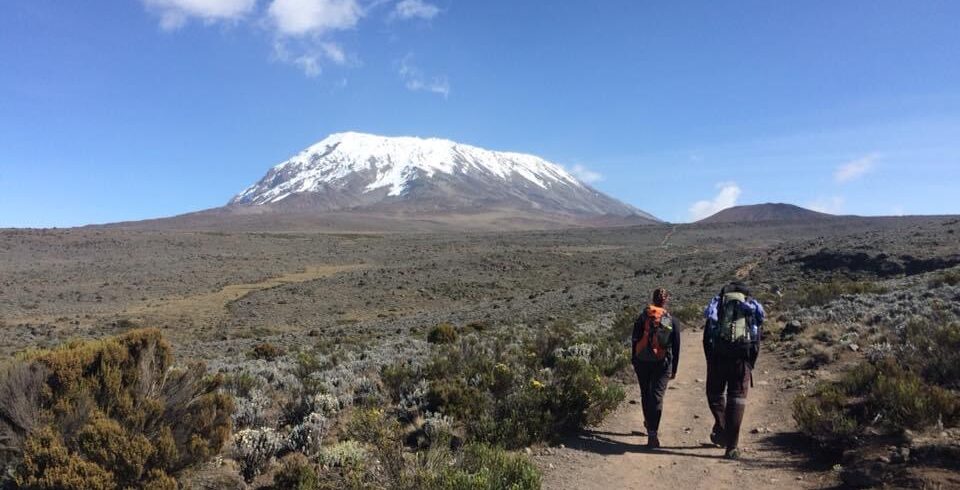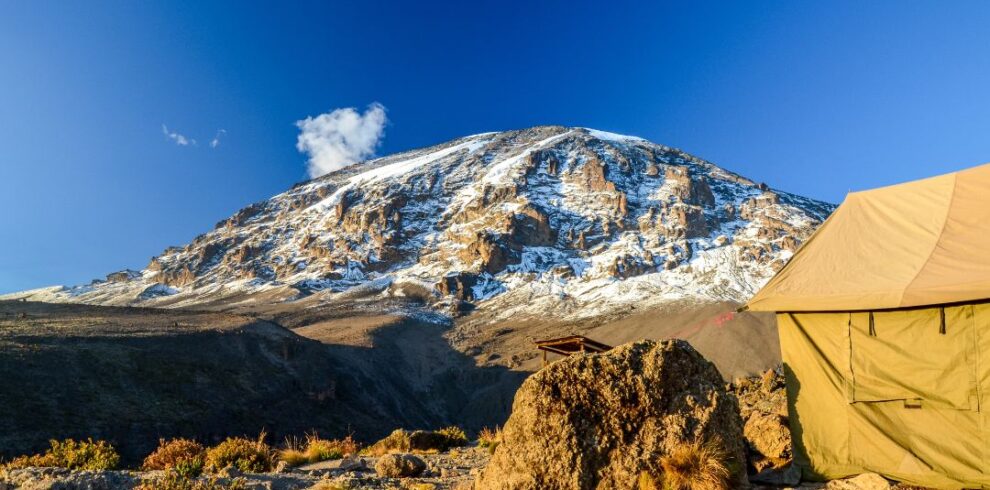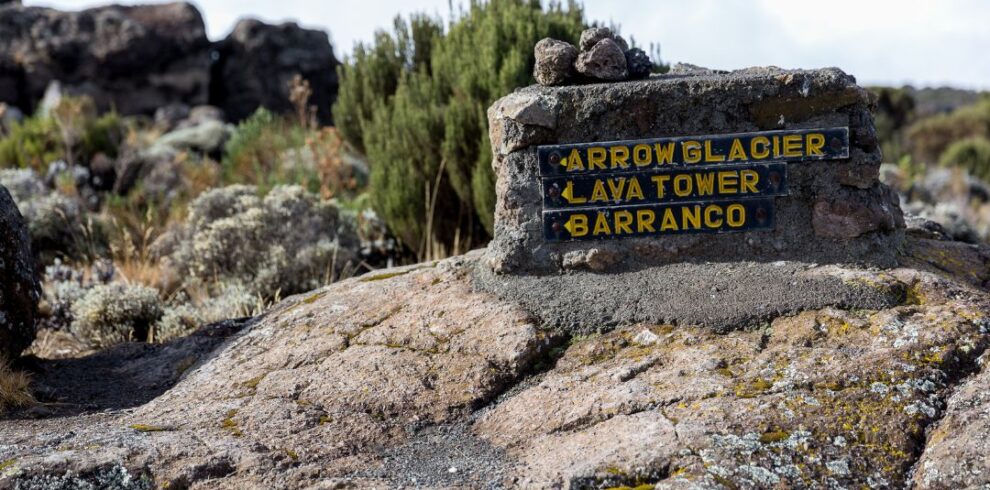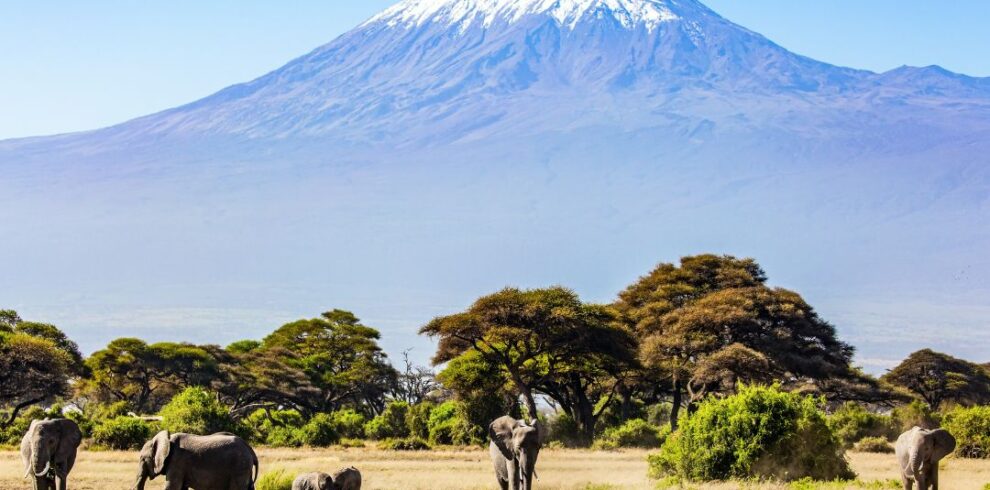Starting Elevation: Lemosho Gate (2,385 meters / 7,825 feet)
Ending Elevation: Mti Mkubwa Camp (2,750 meters / 9,022 feet)
Trekking Time: Approximately 3–4 hours
Your adventure begins at Lemosho Gate, where you'll complete the necessary registration before setting off. The trail leads you through the dense and vibrant rainforest zone, home to unique flora and possible sightings of monkeys and exotic birds. After a scenic hike, you'll arrive at Mti Mkubwa Camp, where you'll spend the night surrounded by nature’s serenity.

 German
German French
French Spanish
Spanish
